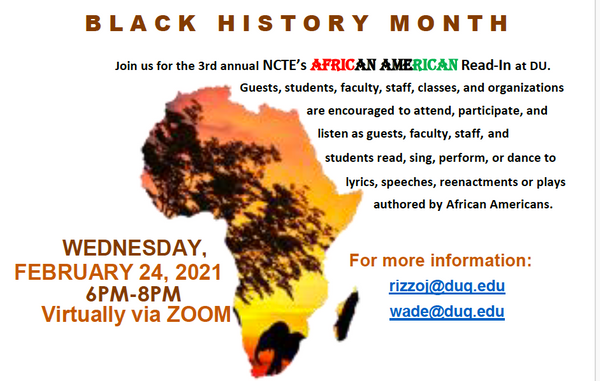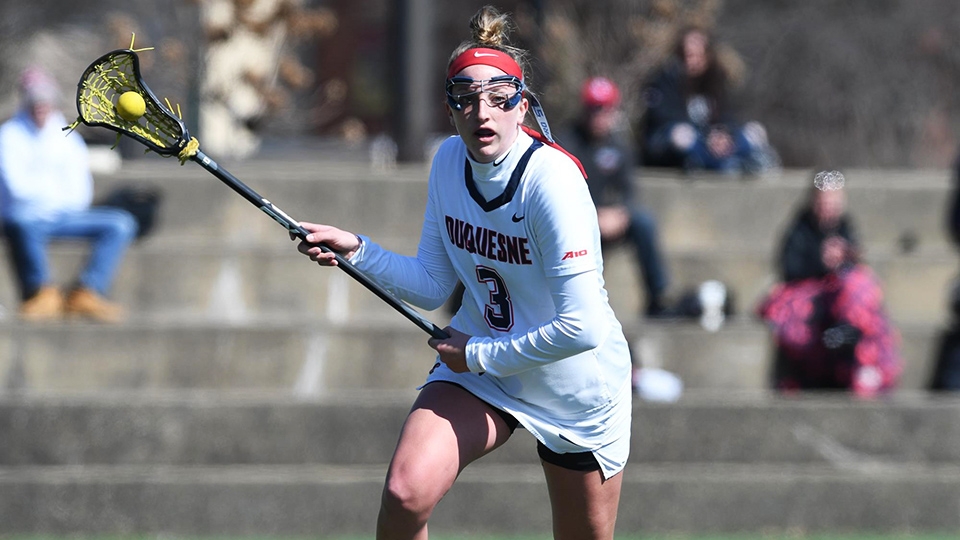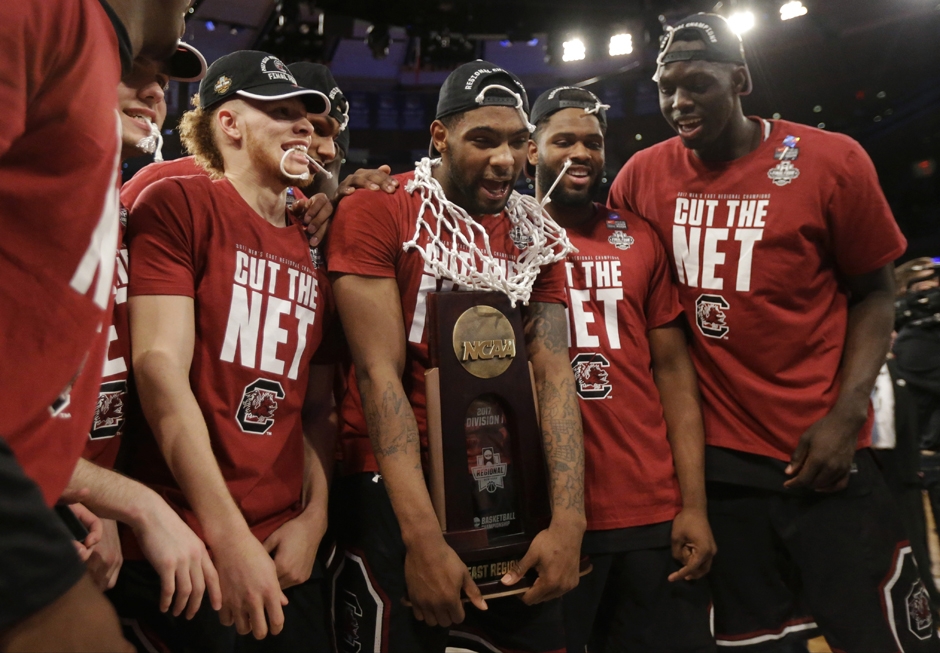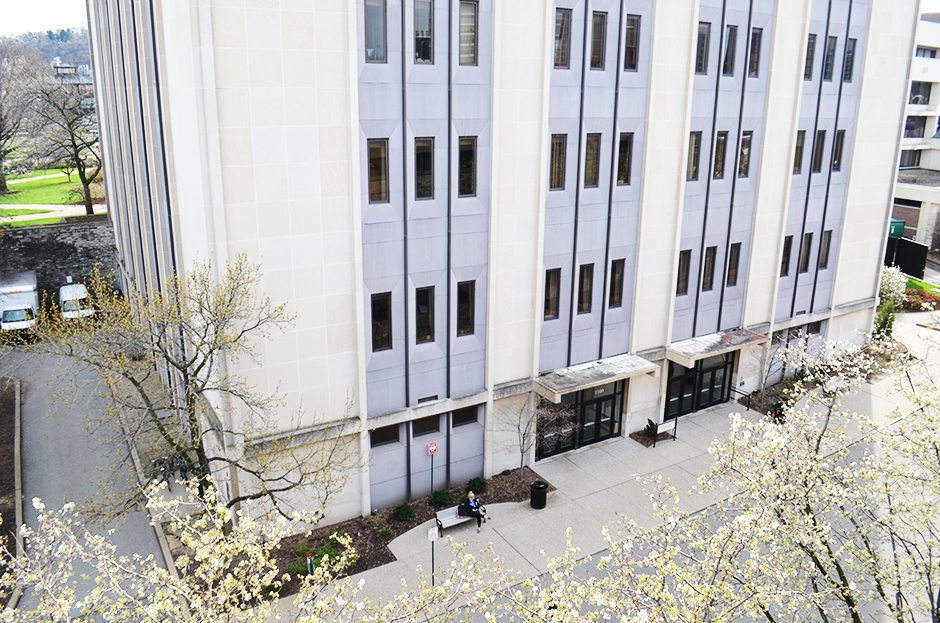
Baylee Martin | Staff Writer
03/04/2021
As the nation’s first and oldest literacy initiative dedicated to diversity in literature, the National African American Read-In has become a traditional part of Black History Month after its establishment in 1990 by the Black Caucus of the National Council of Teachers of English (NCTE) and has reached more than 6 million participants around the world.
On Wednesday, Feb. 24, Duquesne University held its third annual African American Read-In in celebration of Black History Month. Although the event could not be held in person this year as it has been in the past, its impact was not diminished.
The Michael P. Weber Learning Skills Center’s Pennsylvania Acts 101 Program and the Gussin Spiritan Division of Academic Programs sponsored the event virtually via Zoom under the coordination of Judith Griggs and Josefine Rizzo.
April Wade, assistant director for the Michael P. Weber Learning Skills Center and the Gussin Spiritan Division of Academic Programs, hosted the event. Wade used the words of Jerrie Cobb Scott, the founder of the African American Read-In.
“The purpose of an African American Read-In is to get young people engaged,” Wade said. “It is important for all of us to see ourselves in books. Black students need to know that some of the characters are African Americans just like some of them are. Seeing ourselves in books is important because it encourages us to read in a different way, and it encourages us to write more.”
Everyone was encouraged to attend — including faculty, students and guests — to listen to their fellow community members read, sing and perform different forms of art created by African Americans.
At 6 p.m., when participants had joined online from their respective areas, the event began with an invocation prayer led by Campus Minister Linda Donovan, where she said that “we should welcome all people in the church, not send them away,” in a prayer from the Rev. Augustine Tolton.
It is tradition in African American history to sing the hymn “Lift Every Voice and Sing” because of the song’s depiction of hope passed on through generations, and “to lift African Americans from centuries of dehumanization, neglect and abuse,” Wade said.
Candance Burgess, a recent graduate of Duquesne who is now pursuing a master’s degree in music performance at the Mary Pappert School of Music, did the honors of singing this sacred and traditional song that is the official song of the NAACP, and is also considered “the Black national anthem.”
She also sang “Holdfast Dreams” by Florence Price. Where there would normally be an invitation to sing along had the event been held in person, participants muted their microphones and joined Burgess in song silently. The readings of various poems and stories by several African American authors and creators — including Kenneth P., Misty Copeland, Christopher Myers, Tracy Jennings and even some works produced by staff members themselves — were read aloud with passion and drive behind every word. This passion specifically transferred to one segment of the evening centered around Marquis Jaylen “JB” Brown and his mother, Dannielle Brown, presented by Fawn Walker-Montgomery.
Walker-Montgomery — the cofounder and executive director of Take Action Mon Valley, former candidate for mayor in McKeesport and past candidate for state representative in the 35th district — was the first African American to run for a state seat in the Mon Valley.
She read two poems: the first, “Sixteen Stories” by Tracy Jennings, was meant to be told from the point-of-view of the late Jaylen to his mother. The second, “The Demands Unmet,” was written by Brown. This piece about Brown’s struggles with the loss of her son and her journey for justice evoked the most emotion out of the audience. Tears were apparent, as many people had to turn their cameras off to collect themselves, including the host and coordinators of the event, after a video was played of Brown discussing the loss of her son.
Although the topics of hardship and struggle were discussed, and more poems were read by Dessie Bey, KL Brewer, and Lorraine Cross, the event closed out with several uplifting songs played by “Funky Fly Project,” a band composed of Duquesne undergraduate students and community members. Two hours and over 10 performances later, the third annual African American Read-In came to an inspiring close.
“Everyone deserves sanctuary — a place to go where you are safe,” said Griggs quoting Nikki Giovanni. “Art offers sanctuary to everyone willing to.”




